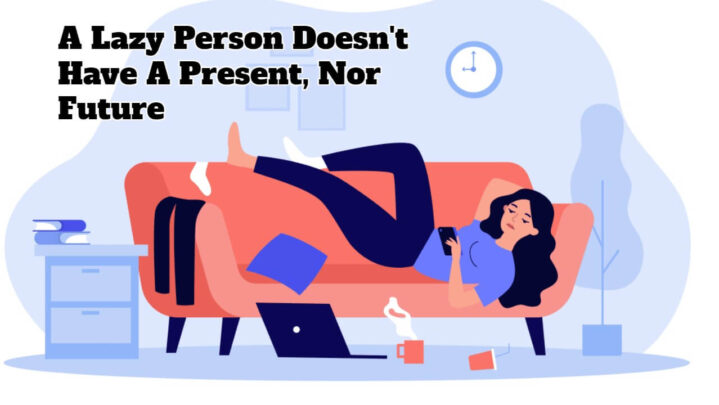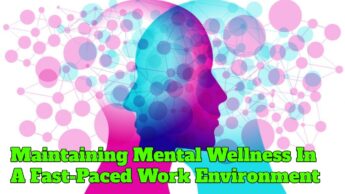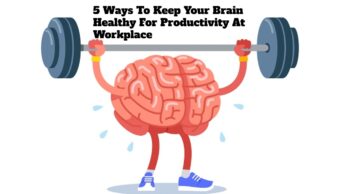A lazy person is considered to lack both a present and a future. This phrase emphasizes how idleness can prohibit people from making the most of their lives and accomplishing their goals.
A lazy person may miss opportunities to develop new skills, meet new people, or follow their passions in the present. As a result, they may need help to maintain relationships or perform effectively at jobs or school. Without motivation or discipline, they may become caught in a rut, unable to change their situation.
A lazy person may experience a variety of difficulties in the future. They may need help to create a successful career or obtain financial stability. They may struggle to stay healthy or to pursue personal growth and development. They may feel lost or unsatisfied if they need a sense of purpose or direction.
Furthermore, idleness might be harmful to one’s mental health. Procrastination and inactivity can lead to emotions of guilt, anxiety, and low self-esteem. A person may struggle to find meaning and purpose in their life if they do not feel a feeling of accomplishment or advancement.
It is critical to remember that laziness is not a permanent trait. With the correct mindset and skills, anyone can overcome their bias towards laziness and become more efficient and motivated. In addition, individuals can create a brighter present and future by creating objectives, developing healthy habits, and seeking assistance and guidance.





